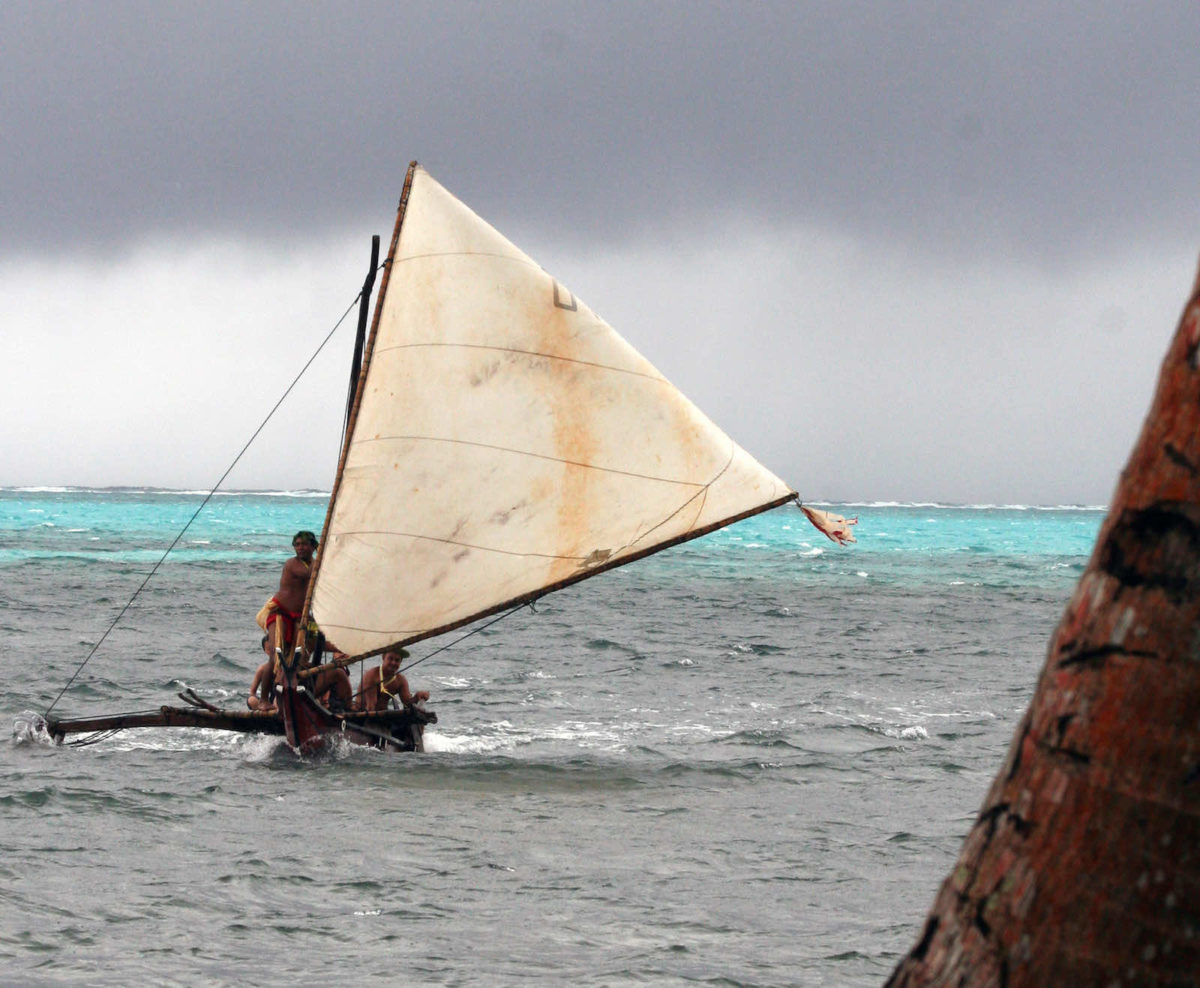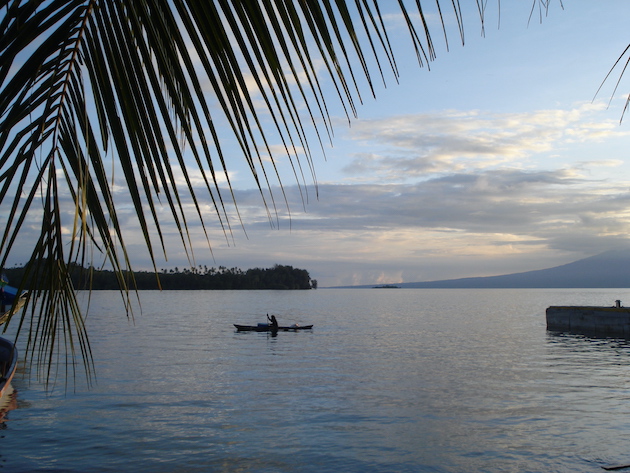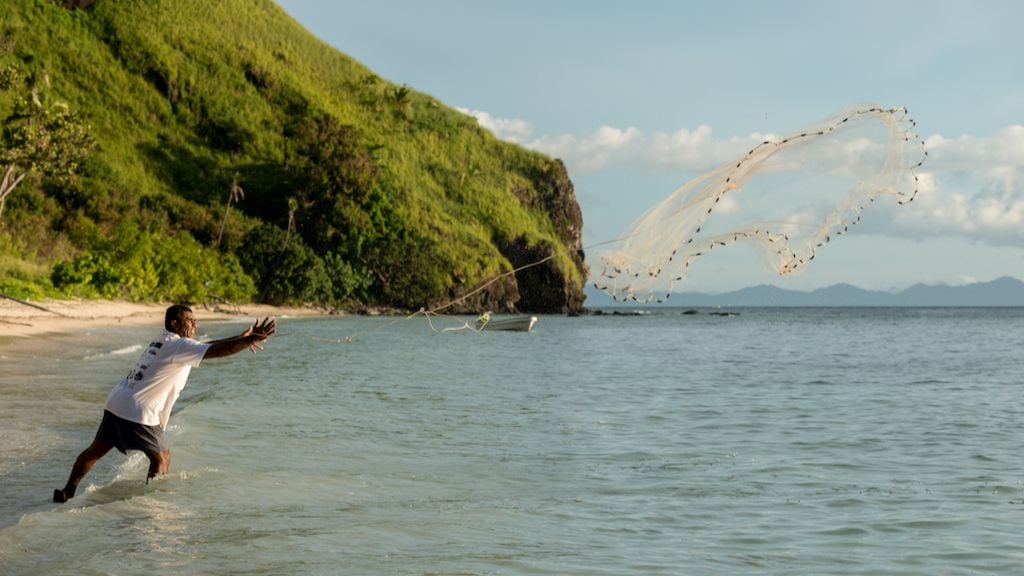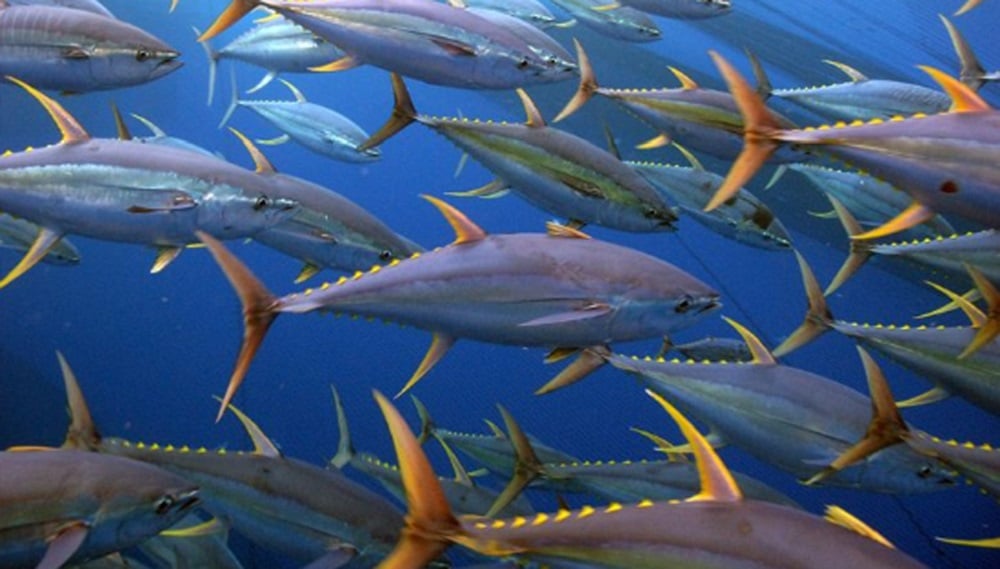A new declaration by Pacific leaders on maritime zone preservation helps but must also allow for cultural dialogue.
Some months ago, I was part of a special ocean and culture story-telling workshop on my home island of Erromango, in southern Vanuatu. There, I listened to traditional elders recount ancient sea wisdom and oral histories about ocean connections with other islands, passed down through generations over thousands of years. Far away, in the virtual domain, Pacific island governments were preparing key statements about the ocean to safeguard Pacific island futures, culminating in the annual Pacific Island Forum Leaders meeting on 6 August 2021 that produced the “Declaration on Preserving Maritime Zones in the Face of Climate-Change Related Sea-Level Rise”.
This forward-thinking Declaration sets an invaluable precedent on maintaining maritime boundaries, without reduction, in the face of climate change-related sea-level rise. It aims to mitigate against loss of resources for island nations, demonstrating a significant interpretation of the UN Convention on the Law of the Sea (UNCLOS) to maintain rights and entitlements of national maritime zones despite shrinking coastlines, something that scholars have suggested provides the most environmentally just solution.
The Declaration’s call for urgent and collective action to secure maritime zones of Forum member states will require significant diplomatic, legal and cultural dialogue.
The Declaration strongly positions the Pacific states to present a clear message to the upcoming COP26 in November 2021 about the ocean-climate nexus. It is a culmination of a plethora of multilateral strategies and diplomatic statements regarding the shared stewardship and safeguarding of the Pacific Ocean, some of which include:
*A statement in March by Pacific Islands Forum Leaders at the 7th Our Ocean Conference hosted by Palau calling for sustainable ocean management.
*A commitment at U.S President Biden’s April Leaders’ Summit on Climate pledging to work with islands on climate resilience, and coastal and marine resource management strategies in cultural contexts.
*A call in July by Pacific island countries for the preservation of maritime zones at the 5th France-Oceania Summit, signalling the clear intent of Pacific leaders with regards to France, one of the major, enduring colonial powers in the Pacific with whom many share territorial borders.
However, as the village story-telling session highlighted to me, the role of culture in maritime zone preservation is often overlooked and needs greater prominence in regional diplomacy.
The role of indigenous communities in marine governance is well-known. Whether in relation to Palau’s National Marine Sanctuary or the Cook Islands’ Marae Moana Marine Park, Pacific island governments have harnessed indigenous knowledge and traditional resource management to support shared stewardship of marine resources. Even Biden’s Leaders’ Summit on Climate Outcomes emphasized this for building island resilience.
Indigenous knowledge has also been effectively used in maritime boundary determination across the Pacific where island nations’ UNCLOS-determined economic exclusion zones overlap. After 32 years of unsuccessful attempts to agree a maritime median boundary line under the relevant UNCLOS provision, in 2016 the governments of Vanuatu and Solomon Islands resorted to traditional knowledge and negotiation methods, which successfully secured a boundary agreement. Vanuatu’s long-standing maritime border dispute with France for the islets of Matthew and Hunter has also drawn on indigenous knowledge and history, in both Vanuatu and neighbouring New Caledonia, as the basis for maritime boundary setting. With the United Nations mistakenly accepting a Fiji-France/New Caledonia maritime delimitation agreement in 1983 despite sovereignty claims by Vanuatu, the corrections to maritime boundaries are now under more pressure to be resolved in light of the preserving maritime zones Declaration issued in August.
With only 35 out of 48 overlapping boundaries mutually delineated between countries in the Pacific Island region, the Declaration’s call for urgent and collective action to secure maritime zones of Forum member states will require significant diplomatic, legal and cultural dialogue. The latter point could present the greatest challenge if indigenous knowledge is not afforded the same level of recognition by both bilateral partners in a boundary negotiation.
The preserving maritime zones declaration is a clear assertion of sovereignty and the inextricability of contemporary ocean affairs and climate change.
For example, in 2009 New Caledonia’s indigenous Kanak independence movement, the Front de Liberation Nationale Kanak et Socialiste (FLNKS), signed the Keamu Agreement with chiefs of Vanuatu’s southernmost province, acknowledging the disputed Matthew and Hunter islets have traditionally been part of Vanuatu’s southern islands, an indigenous claim that has been downplayed by France. (Interestingly the 2021 France-Oceania Summit supports cultural cooperation, but narrowly focused on intangible heritage and human exchange rather than border negotiations.) This raises fundamental questions about the prominence of authentic cultural dialogue in bilateral maritime negotiations in a region that “treasures the diversity and heritage of the Pacific and seeks an inclusive future in which cultures, traditions and religious beliefs are valued, honoured and developed.”
With the most recent report from the Intergovernmental Panel on Climate Change condemning the planet to a certain, warmer, harsher, destiny – something our Pacific islands on the frontline of climate change have been experiencing and warning the world about for decades – the preserving maritime zones Declaration is a clear assertion of sovereignty and the inextricability of contemporary ocean affairs and climate change. All state parties to the Declaration, including Australia and France’s Pacific territories, need to advocate for Pacific indigenous knowledge to be central to maritime border diplomacy as an extension of this sovereignty exercise.
From the wisdom of ancient Polynesian and Micronesian navigators who traversed thousands of miles of ocean using stars, wind and currents to chart their course, to the well-worn, ancient inter-island trade routes of Melanesia, the knowledge of our Pacific Ocean has been passed through generations and is as relevant today as it was thousands of years ago. As I sat in the village listening to my own people’s accounts of traditional sea routes between islands, I am a witness to its continued relevance in practice.
This story was produced by Ana Naupa, published at The Interpreter on 17 September 2021, reposted via PACNEWS.




